Jimmy “DeMoN” Ho is a unique commodity in North American Dota 2. Known as the “wandering mercenary” for a career that’s included brief stints on multiple squads, Ho’s journey has taken him to Dota‘s biggest stages, albeit at the expense of a long-term contract and career stability.
Now, with veteran leadership and a batch of fresh faces, Ho seems to have found a home. His team, Champions of Summer’s Rift (a tongue-in-cheek reference to League of Legends‘ “Summoner’s Rift”) qualified for the Red Bull Battle Grounds finals in Santa Monica against seasoned North American opposition on Tuesday.
I spoke with an optimistic Jimmy about the future, his unique career, and what North American Dota needs to reach the big time.
With a number of teams picking up familiar faces to fill roster spots, your squad went with virtually unknown players. How do you discover up-and-coming talent in Dota?
There was definitely a tryout period. Me and [Braxton “Brax” Paulson] came up with the idea, wondering, “what should we do?” I wanted to play with Team Fire, which consisted of [Brian “Fluff” Lee], [Michael “ixmike” Ghannam], [Tyler “TC” Cook], Chris “Ush” Usher, and [Ioannis “Fogged” Loucas], and after TC left the team because he wanted to seek other opportunities, they invited Brax and he recommended that I play with them.
Unfortunately, that didn’t pan out. So about two weeks later I suggested that we reform with players who would be interested in playing with us instead of recreating something out of the existing lineup. So it was me, Brax, Ush, and [Sebastien “Mad” Debs] from Alliance. We played for a bit, failed qualifications for the Dota Major All-Stars, and Fluff decided that he didn’t believe in the team anymore. Mad was extremely committed, but after Fluff left, he figured out that the North American scene isn’t really stable and saw more potential in Alliance.
So after that, Brax and I looked to [the NADota Elite League (NEL)] and scouted out [Brian “BananaSlamJamma” Canavan], who was the top player in that league. [James “MiracleChipmunk” Poguireitchik] came from NEL as well, and [Bryant “Whitebeard” Lehwald] came around after playing with Team Fire for a short period of time. He and I play pretty well together so it ended up working well.
So, for you guys, it’s about finding people who actually believe in your team.
Believing in the team, and… the less ego players have, the easier they are to work with. And none of these players really have egos.
With your experience as the “wandering mercenary,” throwing in with so many different squads over the years, do you find yourself in a leadership role with Champions of Summer’s Rift?
I offer leadership in some aspects of the team, particularly in commitment. I like to be the one that’s up early, finding our scrims, looking for practice games, etc. But when it comes to in-game leadership, especially in drafting, that’s up to Whitebeard and Brax. Still, my contribution and my opinion means a lot because, at certain points in the game, young players don’t know what to do because of their inexperience in the competitive scene, so I guide them and help them determine what move and play to make.
Zeroing in on your career specifically, how has a lack of long-term commitment with any one team affected your view of yourself as a person and as a player?
Bouncing from team to team to team… I would like to create some stability for myself in my career and my future. It’s not something anyone looks for and its not ideal, despite the success found in hanging around the pro scene. You really need to understand a person inside and out in order to trust that person inside the game and make the most of your teamwork. If you’re constantly moving around teams, you have to constantly change the way you draft, the way you play just to adapt to a new player and their play-style.
What have you seen that can unravel a team? What have you seen that can keep a team together?
Just because you lose, doesn’t mean you should completely give up. Losses suck. (laughs) And it could become extremely demoralizing, which is one of the reasons that Fluff left our team. But ideally, when you lose, you need to look forward and learn from it instead of just saying, “oh, this sucks, I lost my motivation to play.” It happens, it’s happened to me, but you really have to bounce back up. Even when you practice in scrimmages, even when you’re five good friends and you go one and ten in practice matches, you just have to take a step back, recuperate, and get back at it.
Of course, skill plays a part. You can’t just be dedicated and loyal and give 110 percent. I mean, if you suck, you suck. (laughs)
Emotion seems to be a recurring theme in the game of Dota, whether it’s angry, public blowups or just general anger in public games. What is it about this game that makes it so emotionally charged?
All the flaming, all the bashing mostly came from the original Dota. Back then it wasn’t really a professional game, you just played in leagues and if you won you talked shit to people. So that really carried on to Dota 2. You’d see extremely toxic players that would just bash you if you did poorly and that just carried on from one game to another. When Dota 2 first came out, it wasn’t like that.
I remember playing the WarCraft 3 mod, in which you had to wait much longer to play a game. Back then, if you sucked, you were essentially wasting everybody’s time.
Yes, exactly. I believe that really carried over to Dota 2. And in North America in particular, when there’s a breakout player, some of the other budding players start bashing on him. They really degrade the player instead of encouraging him, so it’s really hard to get yourself out there in this region.
On to the Red Bull Battlegrounds specifically, there’s a lot of talk in the professional community about “too many qualifiers.” It must at least be refreshing to play in such a unique tournament.
Oh yeah, it’s definitely refreshing that it only takes one day to qualify and then you’re in the playoffs. It’s also a very interesting format because you have five teams and three lives each going into the event. You have teams that are close friends who could team up, you have big name teams that everyone’s going to want to take down, and you’ve got weak teams that people want to eliminate early. It’s going to be interesting.
It’s almost like a draft on top of the in-game draft.
Yeah, and you can pick the wrong battles as well. You could pick an opponent that you think will be easy and end up losing and then you have to deal with that. (laughs) I mean, when you pick an opponent, you expect to win, plus every win is another five grand in your bank account and one step closer to the grand finals, so there’s a lot on the line.
Well, if nothing else, another North American Dota tournament is great for the scene. What else do you think has to happen in order to improve North America as a region?
Committed players and players that are going to take the game seriously. There’s so much potential, there’s an insane amount of potential, but it comes down to emotional issues and real-world commitments. We’ve said that it’s growing and growing, but there are still a lot of people in the scene that don’t take it seriously. There’s even people in the scene who win a few games, and then as soon as they lose say, “well I’m just doing this for fun.” But this can be a really worthwhile thing if people are willing to commit and put pour themselves into it.
Tune in to the Red Bull Battle Grounds at twitch.tv/redbullESPORTS on May 5-6 for the LAN playoffs. Tickets available here.



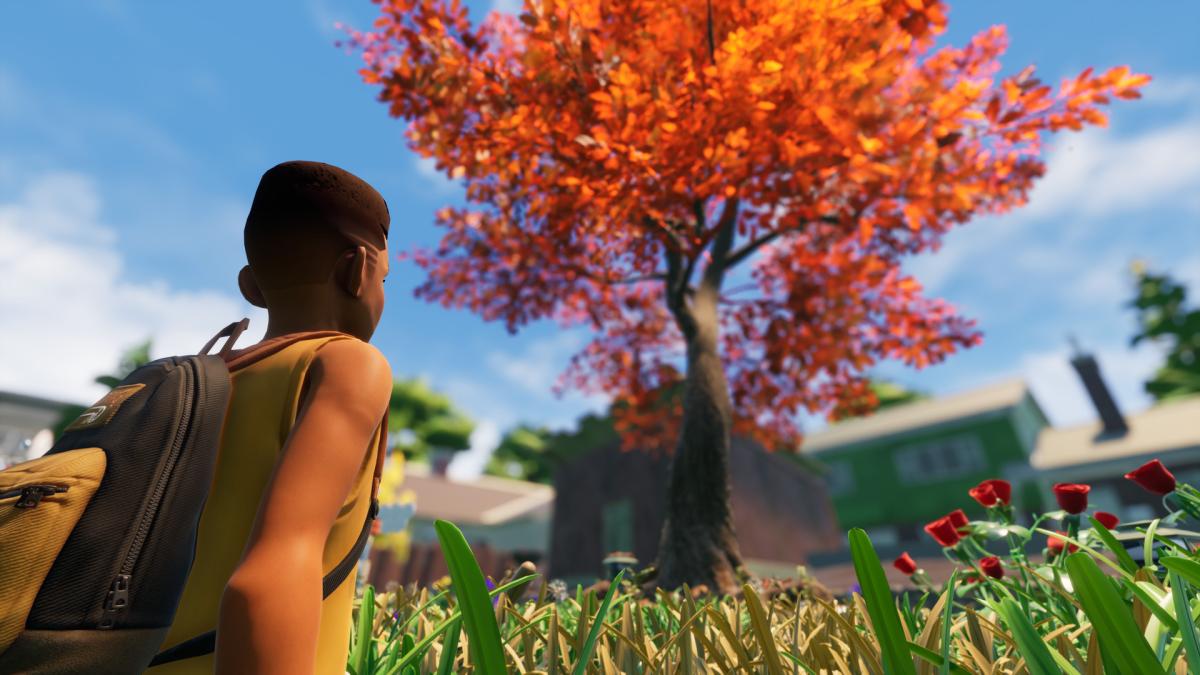
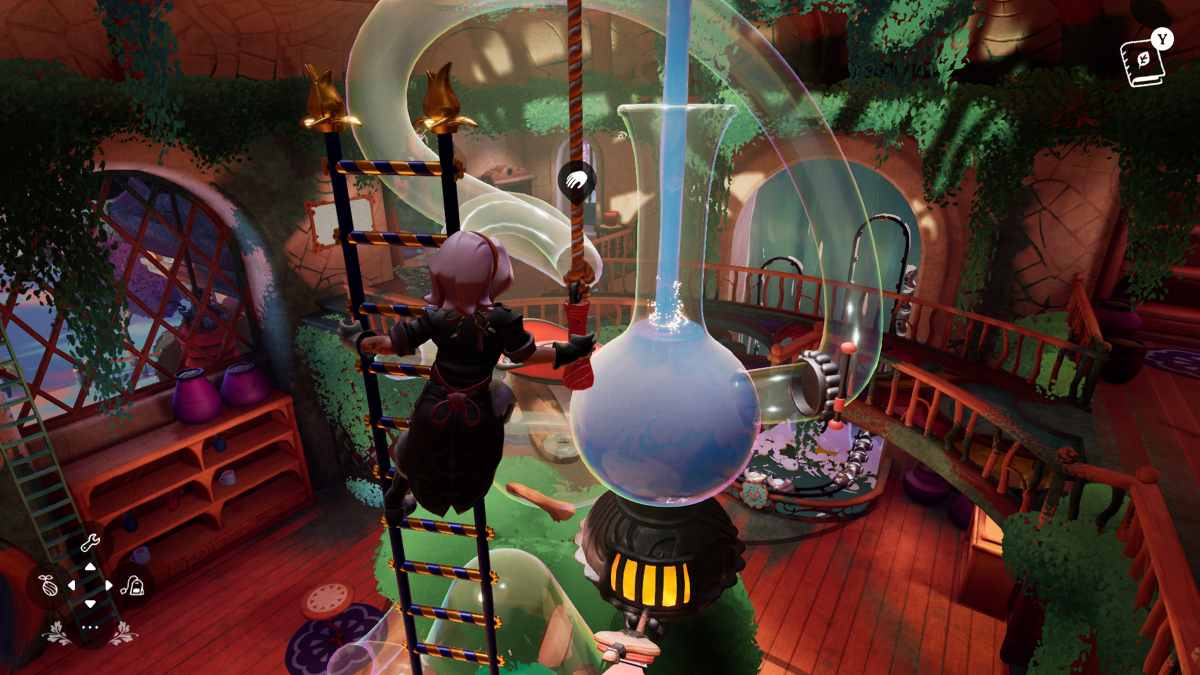
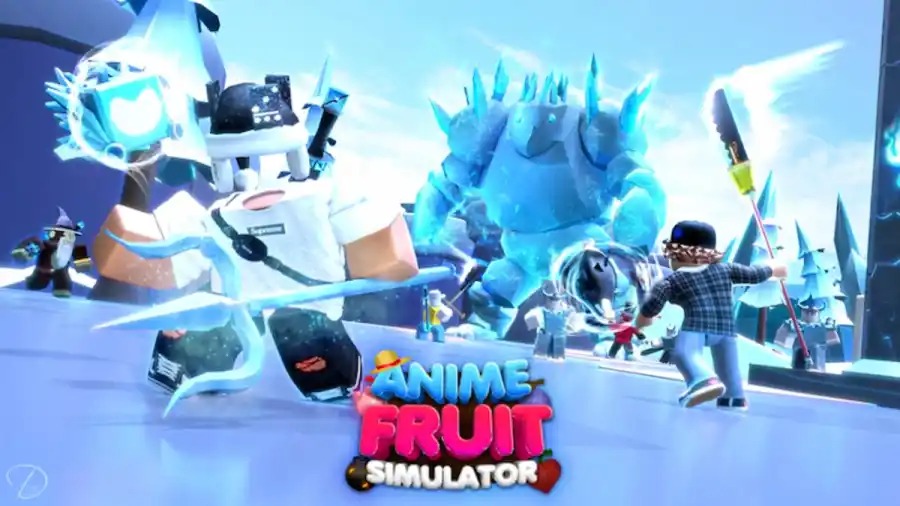
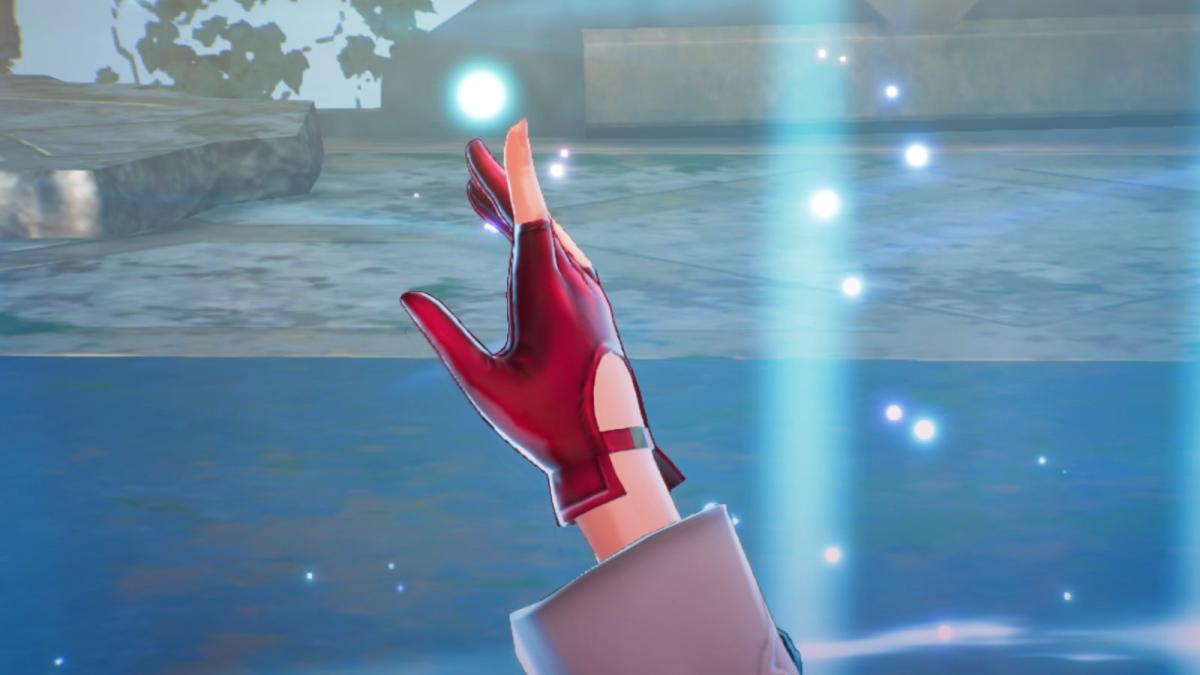
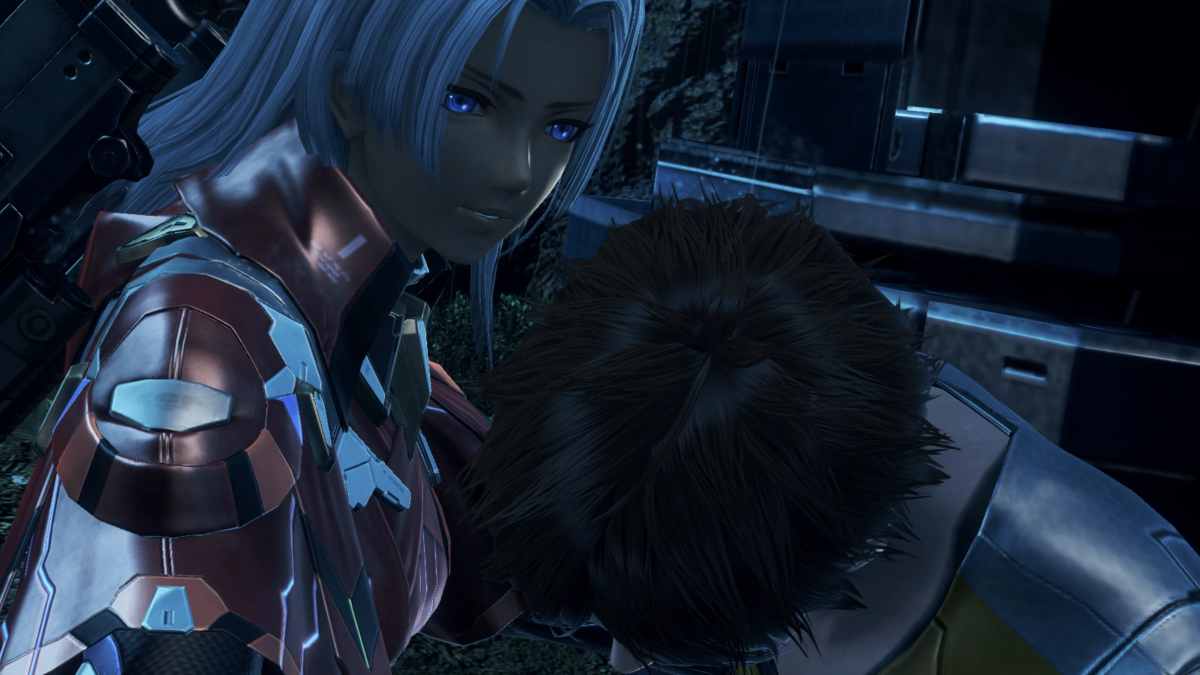
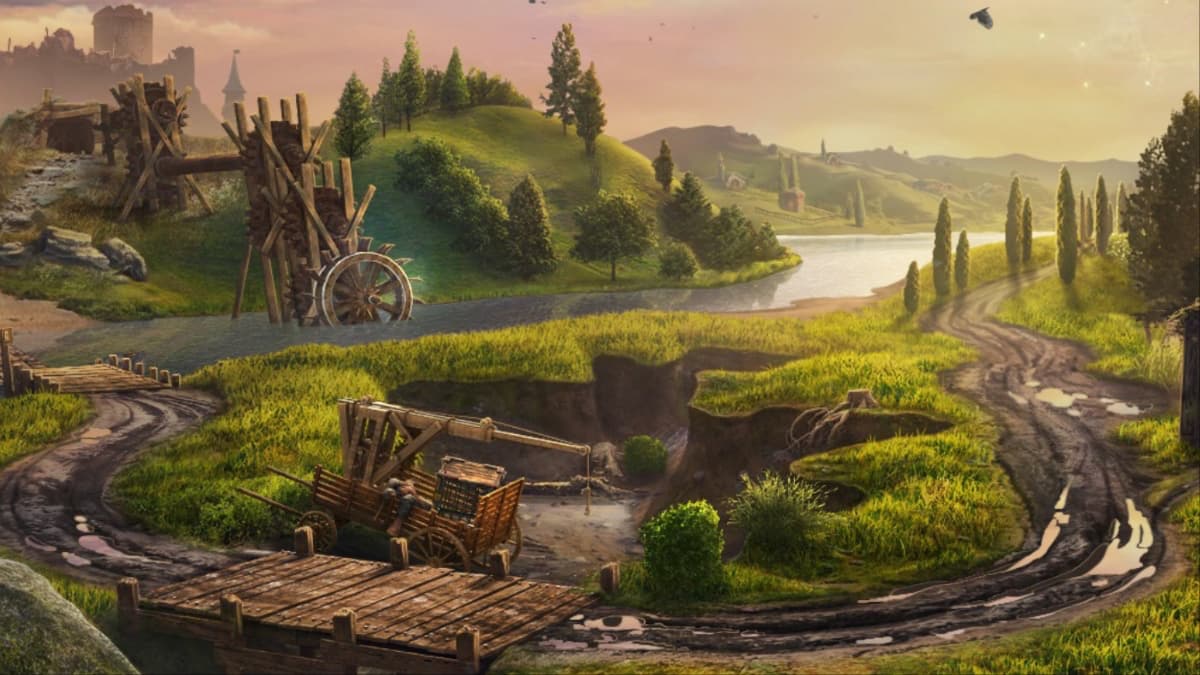
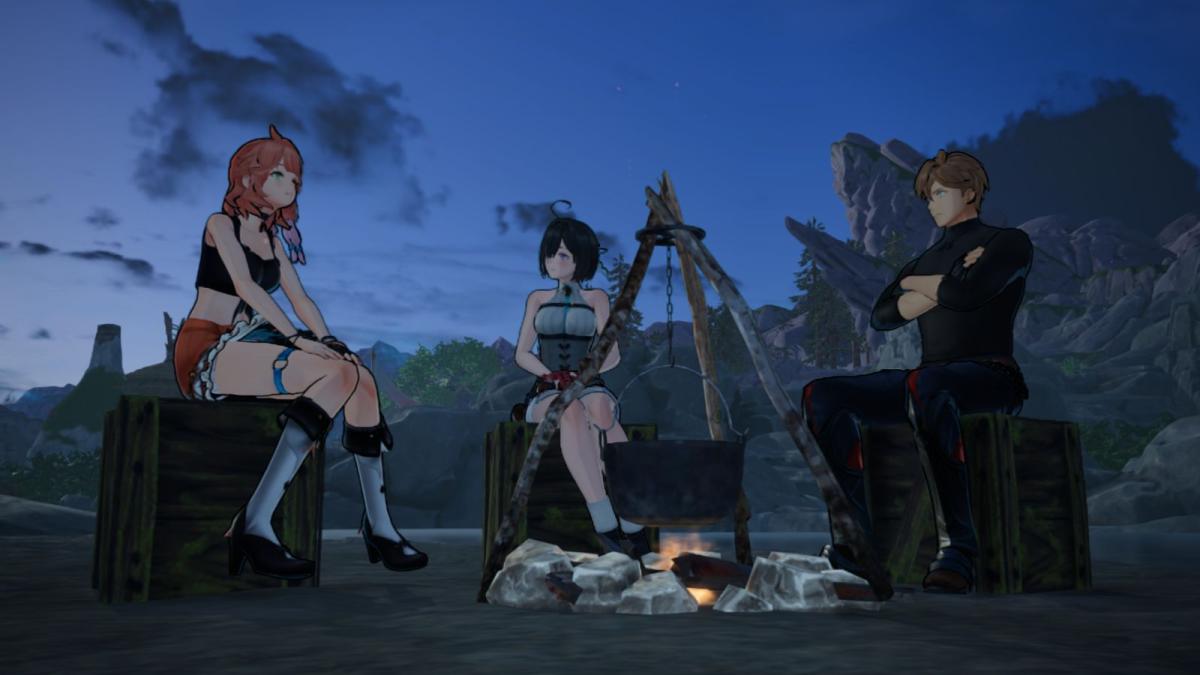
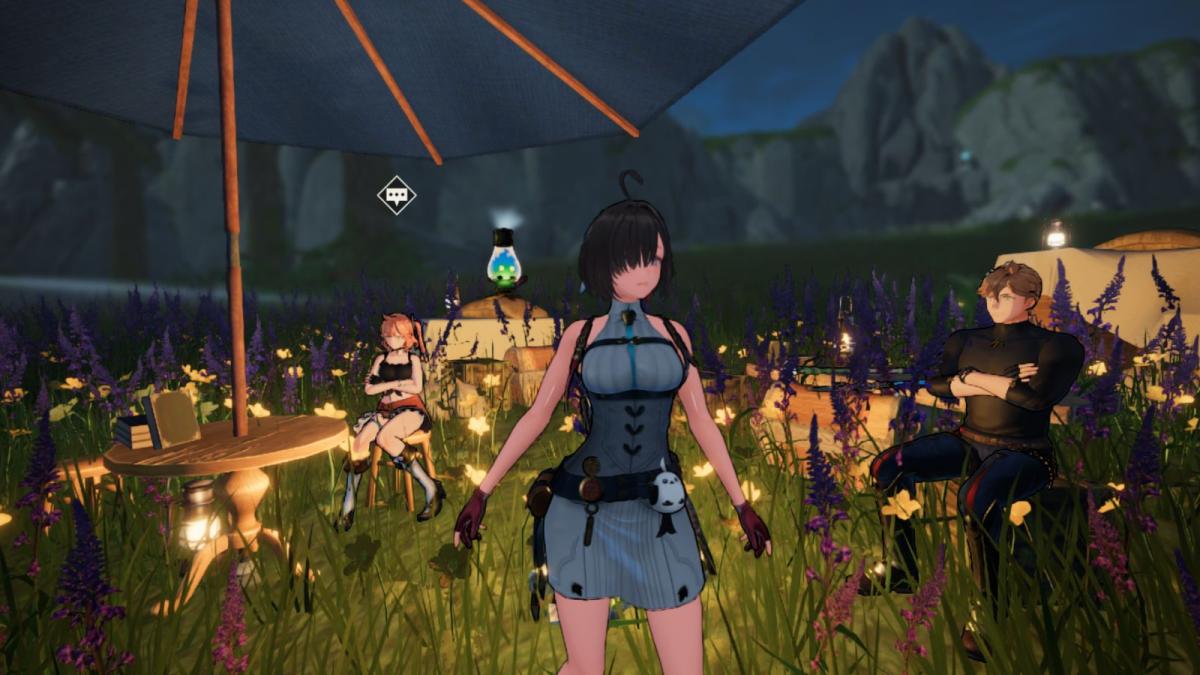
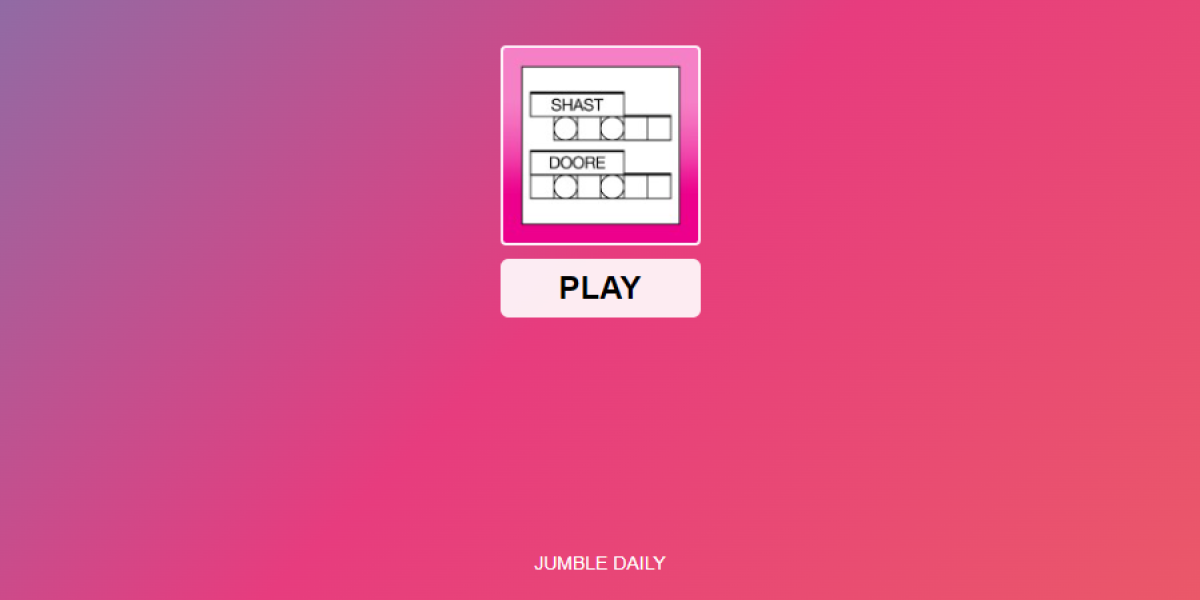
Published: May 1, 2015 11:35 am